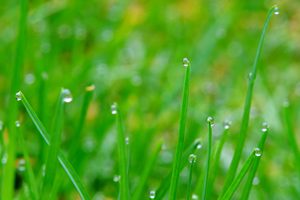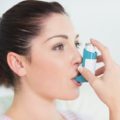
This spring has been difficult for allergy sufferers, and pollens and other seasonal allergens will continue to plague many people throughout the summer and fall. Summer brings allergens like grass pollen, tree molds, flower pollen and fungi, with ragweed entering the mix around August.
Here are some tips for alleviating allergy symptoms:
- Avoid going outside when pollen counts are high. It's important to know exactly which allergen bothers you so that you can keep track of its presence in your region. Pollen counts change constantly, so check the forecasts regularly and try to spend as little time outside as possible when the counts are high or when it's windy. Try to avoid "open, grassy spaces" and outdoor chores such as mowing the lawn. Medical News Today suggests wearing sunglasses and placing a little petroleum jelly inside your nostrils to keep pollen out.
- Keep allergens out of your house. It's impossible to do this entirely, but you can limit the pollen in your home by keeping windows closed and cleaning thoroughly. Choose a vacuum with a HEPA filter and use a damp duster to avoid spreading allergens through the air. Wash your clothes and hair after entering the house, and do not hang laundry outside.
- Take medication. There are plenty of over-the-counter antihistamines and decongestants that you can take without a prescription. Begin the medication a week before allergy season for best results, and choose a "long-acting" and "non-drowsy" antihistamine. Make sure to take these medications every day. If your allergies are severe, consult an allergist about the possibility of prescription medication or immunotherapy. Talk to a doctor before attempting any alternative or natural treatments.
For more allergy control tips, visit Allergy Be Gone's store today!









